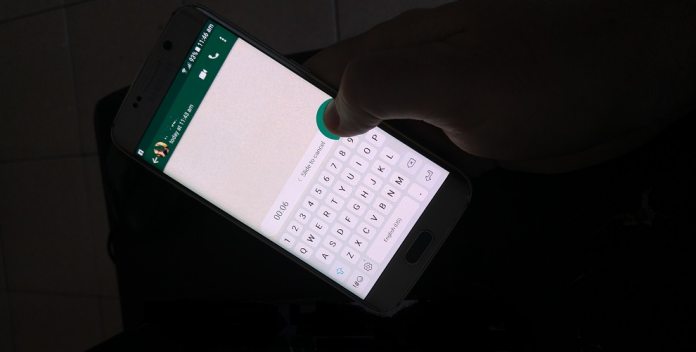One of the outstanding features available on WhatsApp is that it provides end-to-end encrypted messages. This means no third-party gets their hands on your messages when they are sent, not even WhatsApp. However, that security feature is now coming under threat in the United States and United Kingdom.
In the United States, the government says it will mandate social media networks to share encrypted user data. The United Kingdom government is following suit. Perhaps most interesting is that this will be compelled even for companies based outside the countries.
Both nations have signed a treaty that centers on sharing information. Authorities in the countries says the rule is not universal. Companies will only be forced to hand encrypted data when serious crime is involved, such as pedophilia or terrorism.
Under the terms of the collaboration, the US and UK say they won’t directly investigate citizens of each country. In other words, the United States won’t have access to user data from UK-based media platforms and vice versa.
Both nations are expected to finalize the agreement next month.
WhatsApp has been a leader in end-to-end encryption. The service has protected user messages (insisting even it cannot read messages) for year. In fact, it is only now rival Microsoft is brining encryption to Skype, and still in a limited capacity.
Last year, the company rolled out its Private Conversations feature to all Skype users.
Encroaching Governments
As we reported, Microsoft last week questioned the U.S. governments sneak and peek tactics against a major customer. The government has increasingly been pushing companies to reveal data they are unhappy with sharing.
The so-called “sneak and peek” warrant would result in Microsoft giving the government customer data. However, the high-profile organizational customer would not be given notice of its data being shared.
“We have challenged that order in the lower court, and we will pursue an appeal in the appellate court if necessary,” said Dev Stahlkopf, Microsoft’s general counsel in a blogpost.





